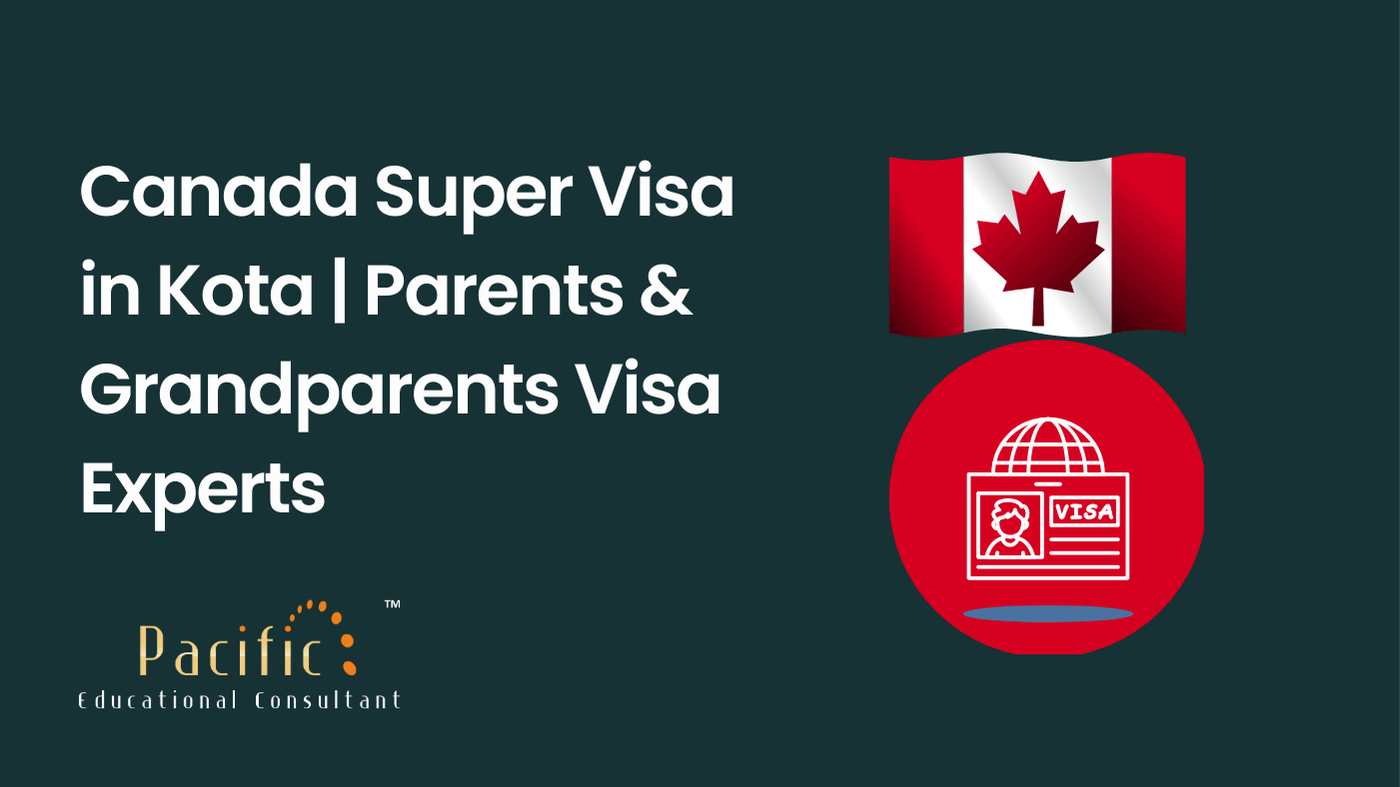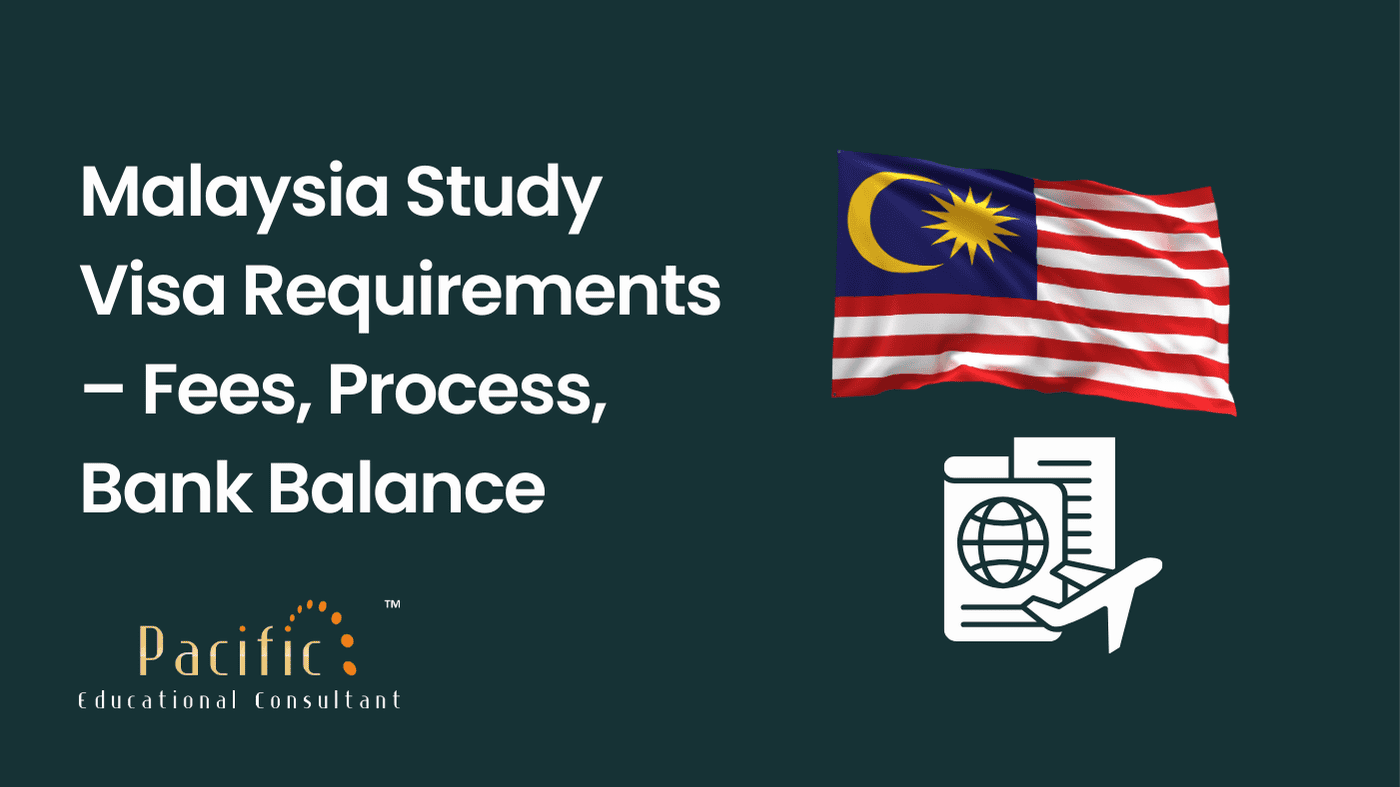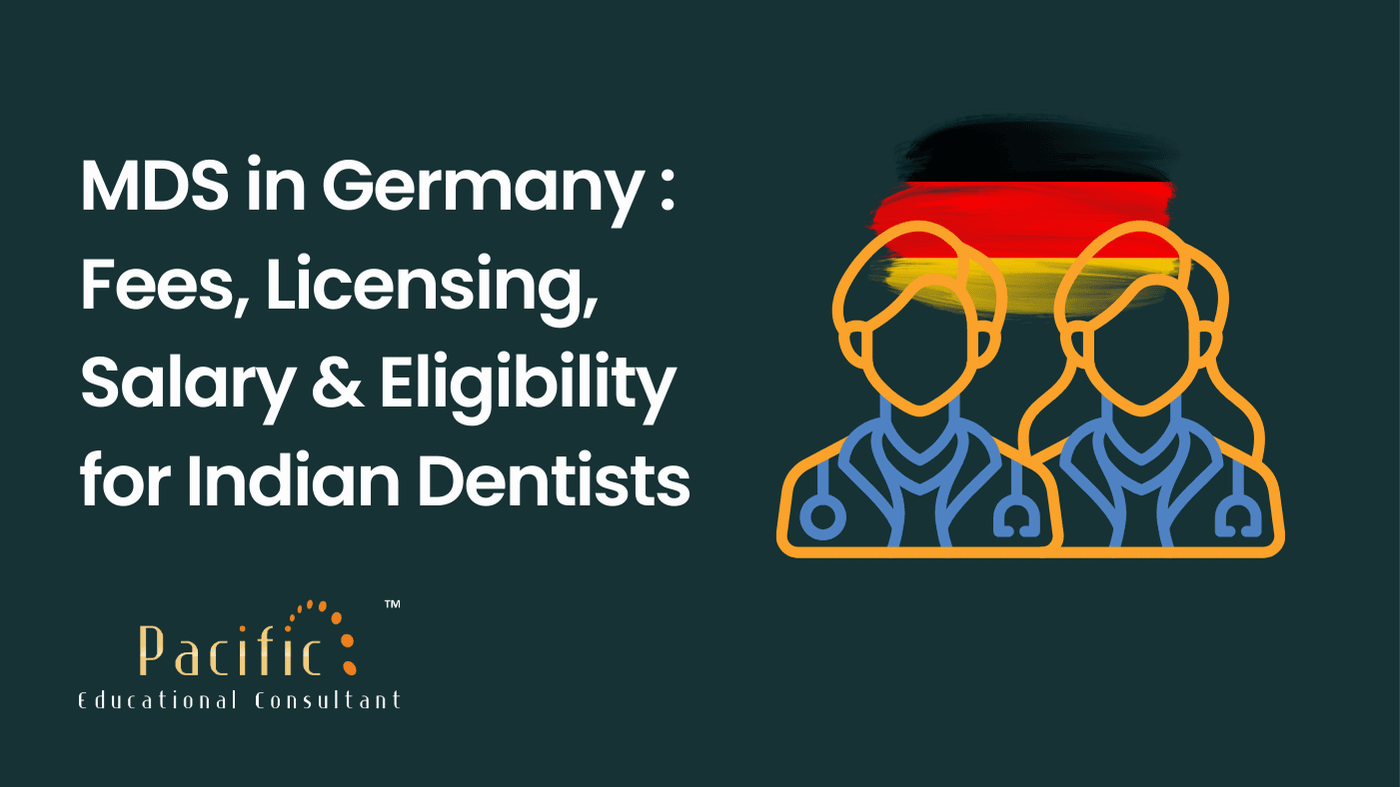


Thinking about studying abroad? You're not alone. Students across India are searching for answers every day. As the trusted team at Pacific Educational Consultant with 14+ years of experience, we've compiled the most frequently asked questions (FAQs) that students and parents ask before planning their study abroad journey.
The most commonly required exams are:
IELTS or TOEFL – English language proficiency
PTE or Duolingo – Alternative English tests
GRE / GMAT – For master's programs in the US
SAT – For undergraduate programs in the US and Canada Choose the test based on your destination and university requirements.
UK: £10,000–£25,000/year tuition + £10,000–£12,000 living
Canada: CAD 15,000–30,000/year tuition + CAD 10,000–12,000 living
USA: $20,000–50,000/year tuition + $10,000–15,000 living
Plan your budget accordingly and explore scholarships.
Yes! Some universities accept:
MOI (Medium of Instruction) letters
Duolingo or PTE scores
Foundation courses Countries like Germany, France, and some Canadian colleges offer exemptions. But IELTS increases your chances of visa success.
Ireland allows:
1 year stay back for Bachelor's graduates
2 years for Master’s graduates This gives you a great chance to find a job and apply for work permits.
Yes. Countries like Canada, UK, Australia, and New Zealand allow students to bring dependents. The spouse may also be eligible for a work permit.
Yes, it is generally safe. Top study destinations have:
Strong Indian communities
Supportive university environments
24/7 student helplines Safety increases if you follow university guidelines and local laws.
You need to show proof of funds for tuition and living expenses:
Canada: CAD 20,635+ tuition
UK: £9,207 (London) or £12,006 (outside London) + tuition
Australia: AUD 24,505+ tuition Funds must be in your or your sponsor’s bank account for at least 28 days (varies by country).
Yes! Many universities offer:
Merit-based scholarships
Need-based grants
Government-funded scholarships (like Chevening, DAAD, etc.) Apply early to improve your chances.
Courses in high demand include:
Data Science & Analytics
Healthcare & Nursing
Engineering & IT
Cybersecurity
Business & Management Choose based on your interest and global demand.
September (Fall): Most popular, more course options
January (Spring): Fewer applicants, early graduation Both are good; choose based on university deadlines and your preparation.
Yes. Canada offers several pathways for PR:
Post Graduate Work Permit (PGWP)
Express Entry
PNP (Provincial Nominee Programs) Studying in Canada gives you strong PR eligibility.
Yes, if there’s a study gap of more than 1 year. Use:
Work experience
Certifications
Medical or family reasons Include all valid documents and explanation in your SOP.
Top choices:
UK – For Humanities, Law, Business
Canada – For Commerce, Public Admin
Ireland – For Marketing, Finance Course recognition and post-study options matter more than the country alone.
Yes. International students can work:
UK: 20 hrs/week during term
Canada: 20 hrs/week (soon unlimited off-campus work)
Australia: 48 hrs/fortnight
USA: On-campus, 20 hrs/week Check visa conditions before starting work.
Usually includes:
Passport
Offer Letter
Financial Proofs
IELTS/PTE Scorecard
SOP & LORs
Medical/Police Clearance (for some countries) Each country has its own checklist – ask an expert.
There is no strict age limit, but a strong justification is required if you’re older:
Academic progression
Career goals
Supporting documents Many students over 30 pursue master’s or diploma courses abroad.
SOP: Statement of Purpose explains your goals, background, and why that course/university
LOR: Letter of Recommendation from professors or employers Be honest, specific, and avoid plagiarism.
Tips:
Know your course and university well
Be clear about your funding
Stay confident and honest
Don’t memorize – be natural Mock interviews can help. We provide free visa prep!
PG Diploma: Shorter, practical-focused (1 year)
Master’s: Academic degree, research or thesis-based (1-2 years) For PR and work permits, Master’s often holds more weight.
Most countries require funds, but options include:
France (with scholarship/funding)
Germany (blocked account)
Italy (if fully funded) We can guide you based on your financial background.
Submit complete and genuine documents
Strong SOP & financials
Clear academic intent
Avoid fake admissions or documents Consult with experienced visa experts like us.
Studying abroad is a life-changing experience, but it needs proper planning and expert guidance. At Pacific Educational Consultant, we’ve helped 7000+ students achieve their study dreams with 1390+ visa approvals.
📞 Call us: +91 9983256783 | +91 8302793737
🌐 Visit: www.overseaspacific.com
📍 Office: Vigyan Nagar, Kota, Rajasthan
Book Your FREE Counselling Today and take the first step towards your global career!
Pacific – Your Trusted Study Abroad Partner Since 2011.

5 Colleges Offering MBA in Germany Without Work Experience

Top Universities in the Netherlands: Fees, Rankings & Careers

Study in Denmark for Indian Students: University, Fees, Cost & Ranking

Study in Sweden for Indian Students: Fees, Universities, Visa

Study in Japan After 12th for Indian Students – Universities, Fees, Visa & Jobs

Best Executive MBA in the World | Top Colleges, Fees & Jobs

Canada Super Visa in Kota | Parents & Grandparents Visa Experts

Malaysia Study Visa Requirements – Fees, Process, Bank Balance

MDS in Germany : Fees, Licensing, Salary & Eligibility for Indian Dentists

PTE Reading Tips and Tricks: How to Improve PTE Reading Score